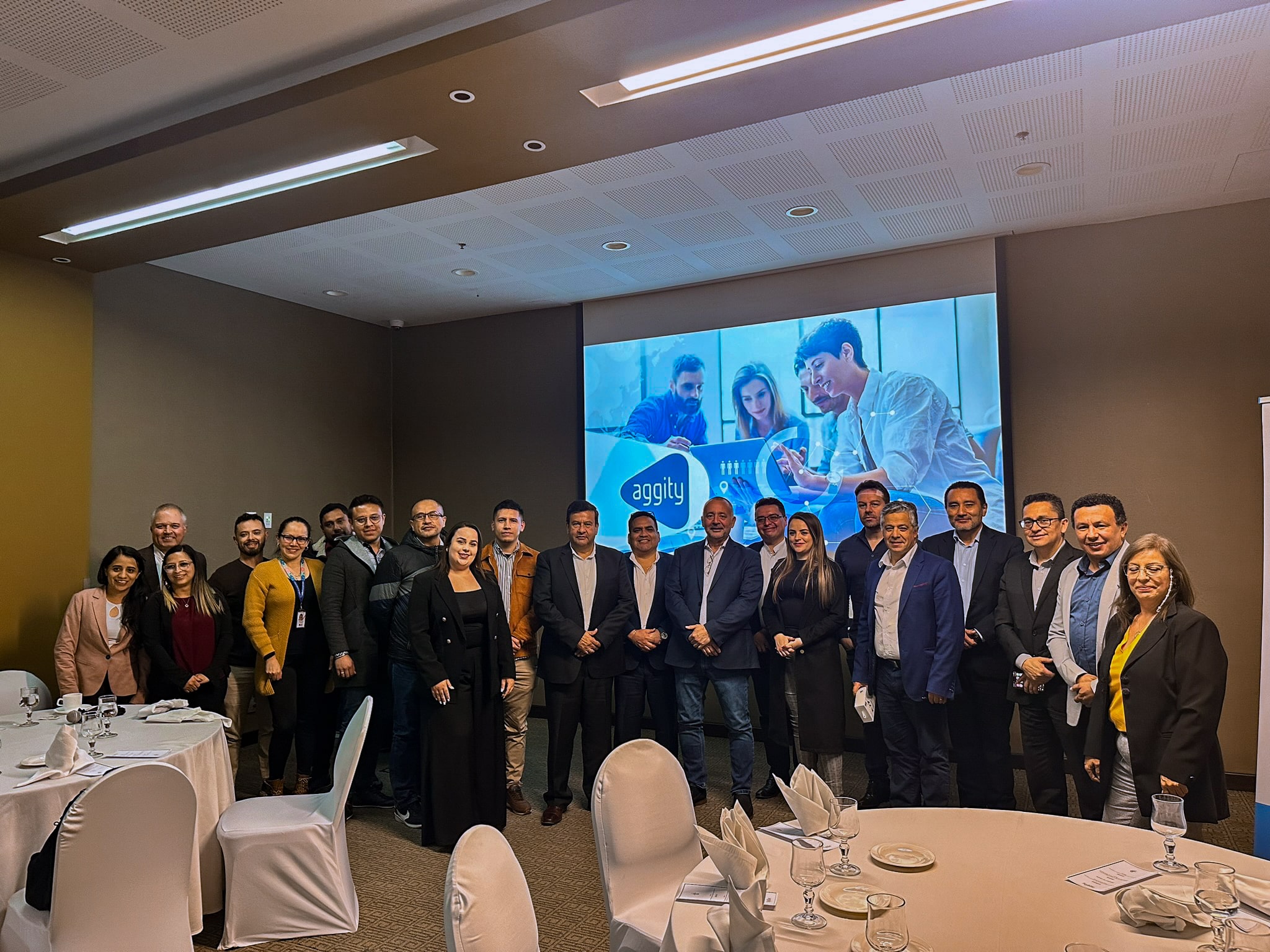Effective management and development of human talent

The management and development of human talent is one of the priorities of almost all human resources departments. Establishing a well-defined strategy and having the right tools in place allows companies to build employee loyalty.
Tabla de contenidos
ToggleDiscover how to optimize human talent management and development with modern strategies.
In a world in constant change and with technological advances impacting the labor market, the management and development of human talent is essential to the success of any organization. HR and talent management managers are challenged to attract, develop and retain professionals professionals who drive innovation and help keep the company who drive innovation and contribute to maintaining the company’s competitiveness.
In this context, it is critical to address digital skills, organizational culture, and employee well-being. This article explores key strategies and technological tools that can strengthen human talent management, promoting a work environment that favors professional development and adaptation to change.
Training and development plans
As in any business strategy, the human resources department must manage and develop human talent through the development of training and development plans. One of the current problems affecting almost all companies, regardless of the sector in which they operate, is the lack of talent to fill specific positions.

Faced with this situation, HR departments must promote strategies with the dual objective of attracting the right profiles and retaining the talent they already have in their organizations. In order to develop these training plans, solutions such as BesTalent IA by aggity allow the managers of these departments to optimize and deploy a well-defined Talent Management strategy since it covers from the most basic to the most advanced needs in the People Analytics layer.
HR Technology
Human Resources is one of the departments that has invested the most in innovation in recent years. Most of the technologies aimed at these departments are focused on improving the processes of contractingmentoring and coaching programs that will allow for improving the professional and personal development of employees, establish reconciliation policies or to promote a continuous feedback culture where employees can receive and give regular feedback on their professional development, skills or assessment of their work environment. In short, based on objective data, the aim is to continuously improve the management and development of human talent in the organization and, consequently, the production processes.
Incentives and recognition
But it’s not just about having a talent management platform. The key lies mainly in being accompanied by a partner such as aggity to help the HR department design a well-defined HR strategy. Because the work of this department is no longer focused only on managing payrolls or registrations and cancellations. Employees want to be offered new incentives and recognition that make them feel important within the company.
These incentives do not necessarily have to be financial, they can also be training plans, development of policies that promote the mental and physical health of employees or improvements in work formulas. All of this will enable companies to build loyalty among their employees, especially the most valuable ones.

Job rotation
Given the existing talent crisis, companies need to find that talent quickly to fill specific positions. Usually the search is outside the organization when, on many occasions, talent can be found within the company itself. Therefore, establishing job rotation is a strategy that HR departments are increasingly implementing.
Job rotation allows employees to experience different roles within the organization and to acquire a variety of skills and perspectives, so that companies can discover that the professional dedicated to a given task is the one with the most appropriate qualifications to fill the profile they were looking for.
Últimos posts

aggity strengthens its commitment to sustainability as a SILVER partner of “Fundación Empresa & Clima”.
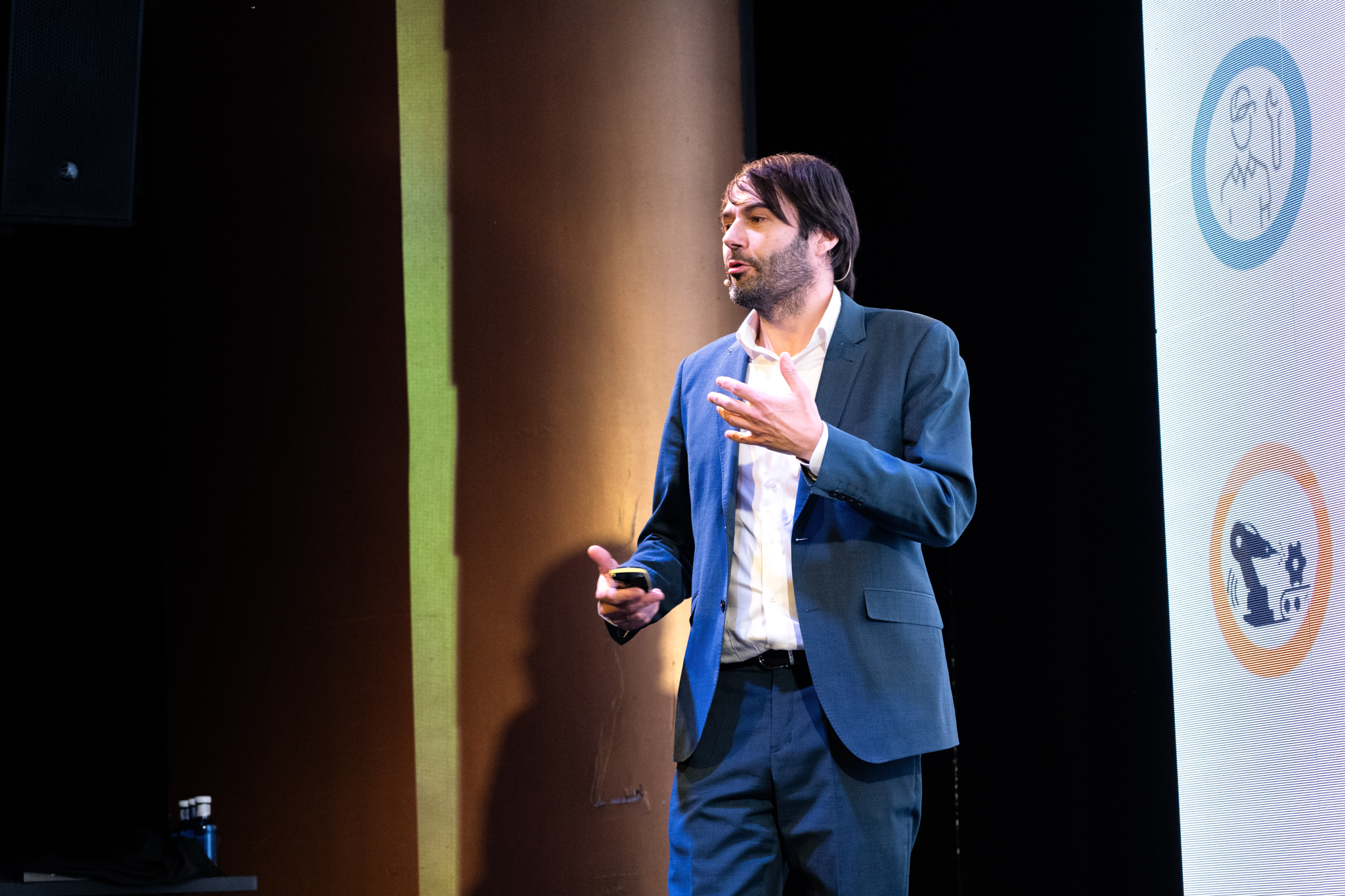
aggity participates in the IBM Ecosystem Summit 2024 with an applied case of Generative AI in the food industry
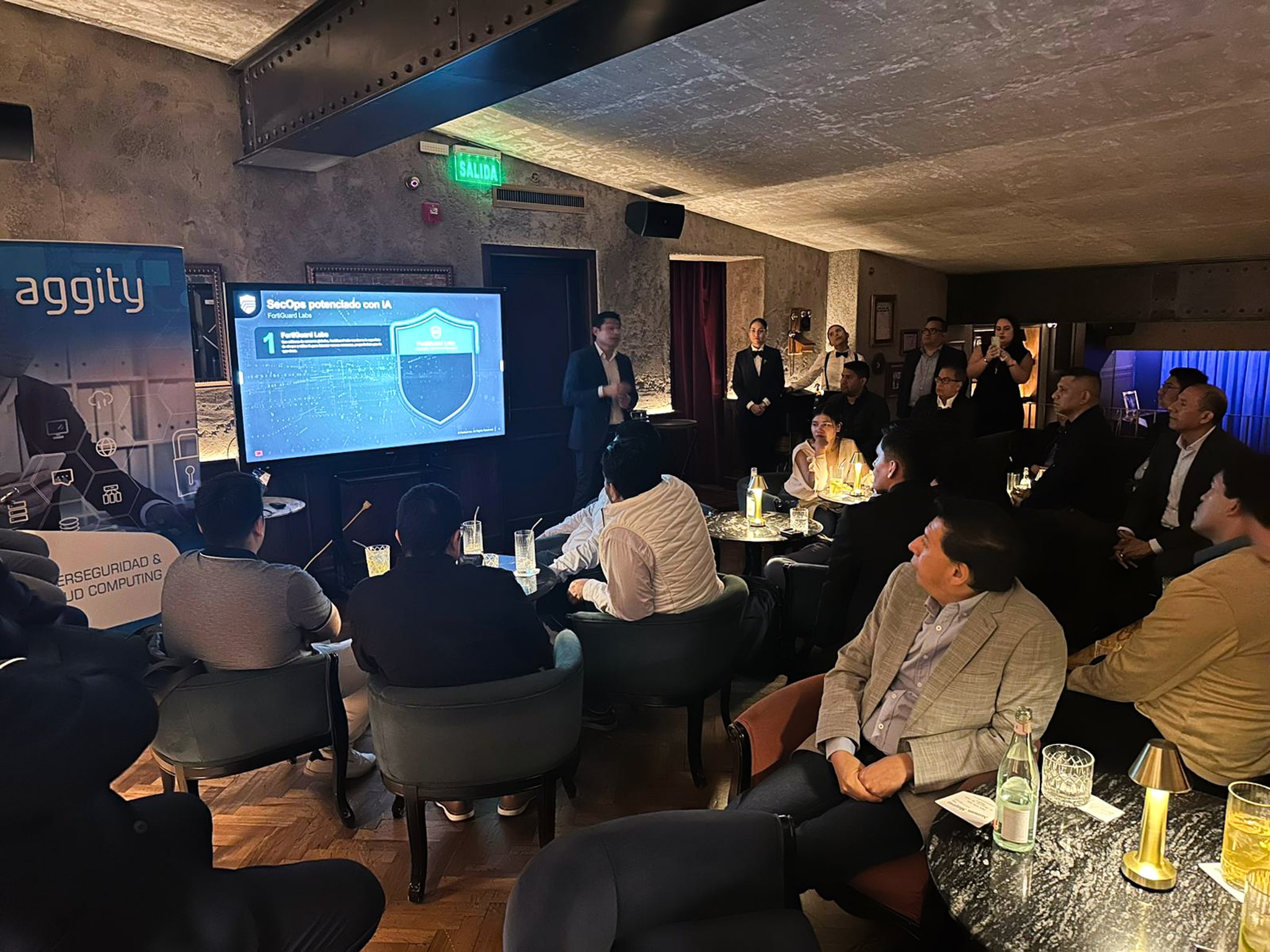
Aggity, together with the multinational Fortinet, present an exclusive event in Lima on the application of Generative AI in Corporate Cybersecurity.
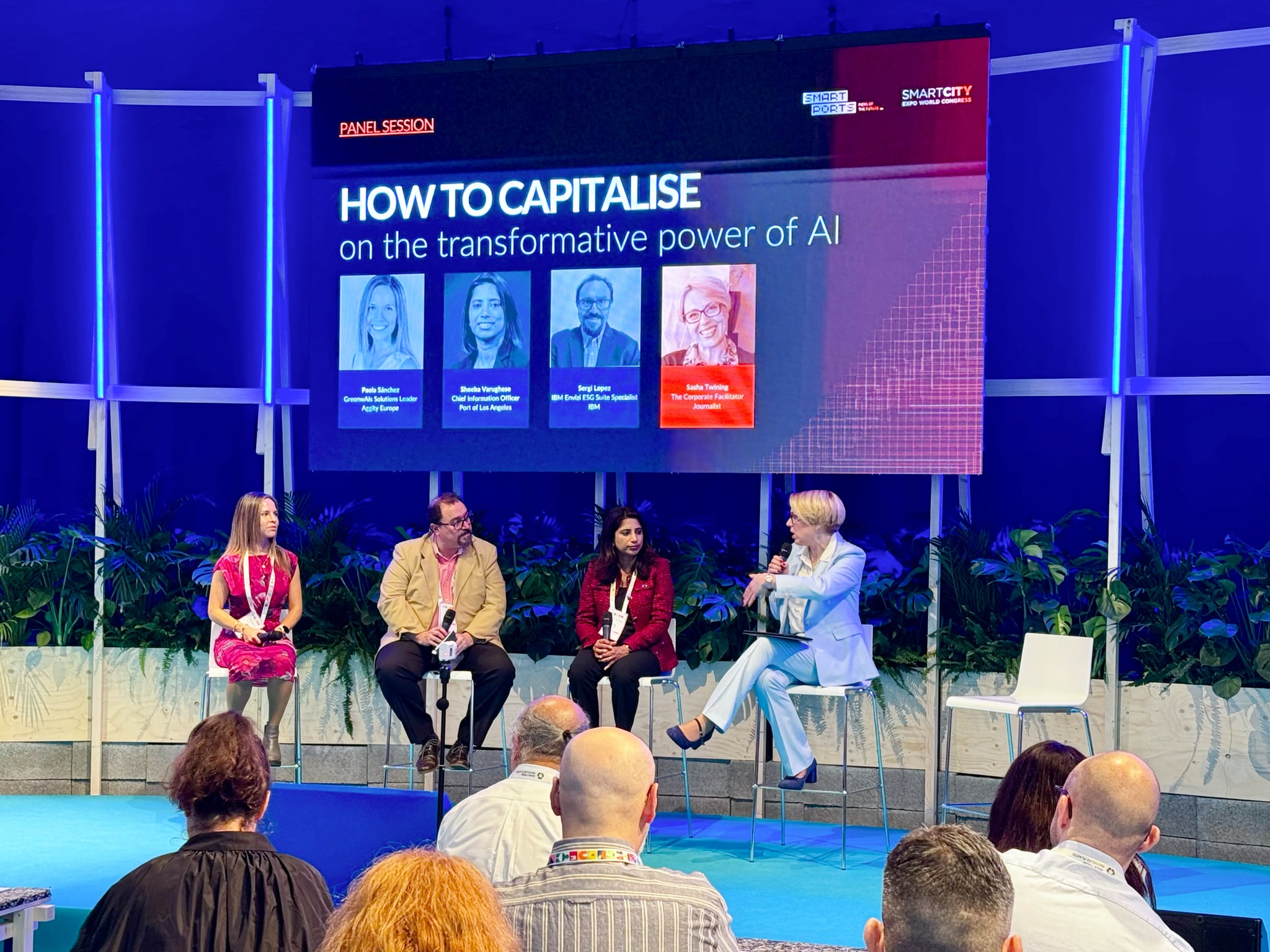
aggity participates in Smart Ports: Piers of the Future

aggity Supports the Contigo Foundation at its Annual Dinner
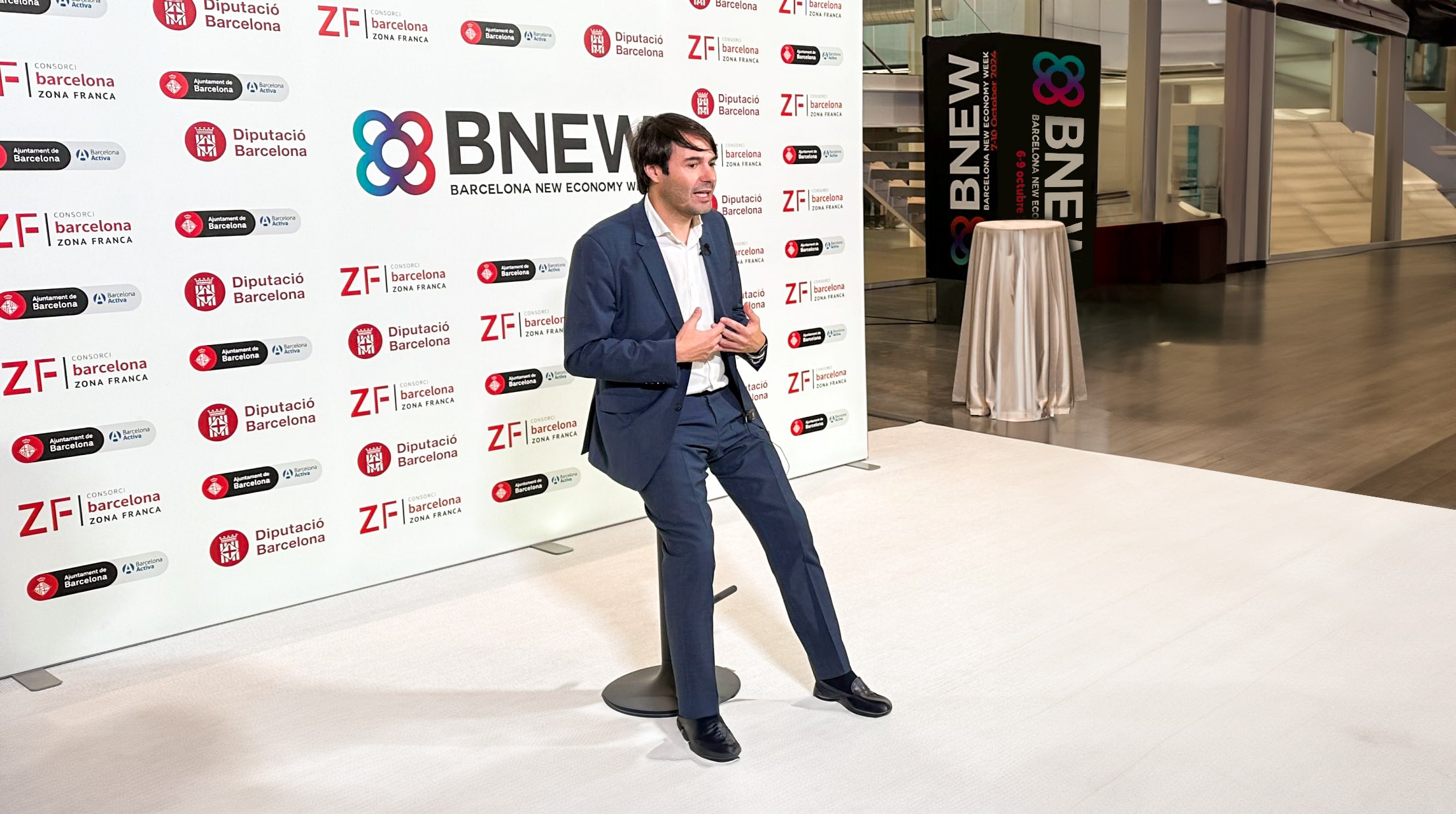
Challenges and Opportunities of Generative AI in Industry: Our Experience at BNEW
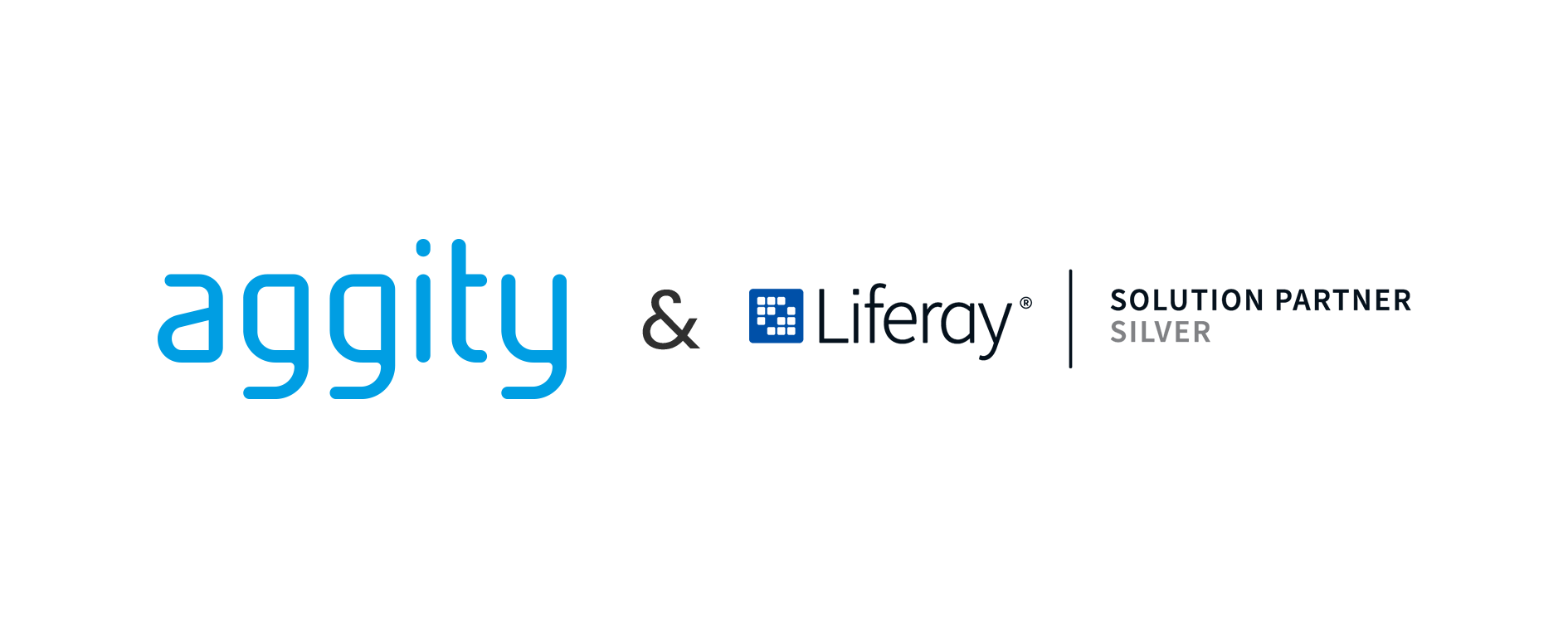
Official Liferay Partner in Spain
